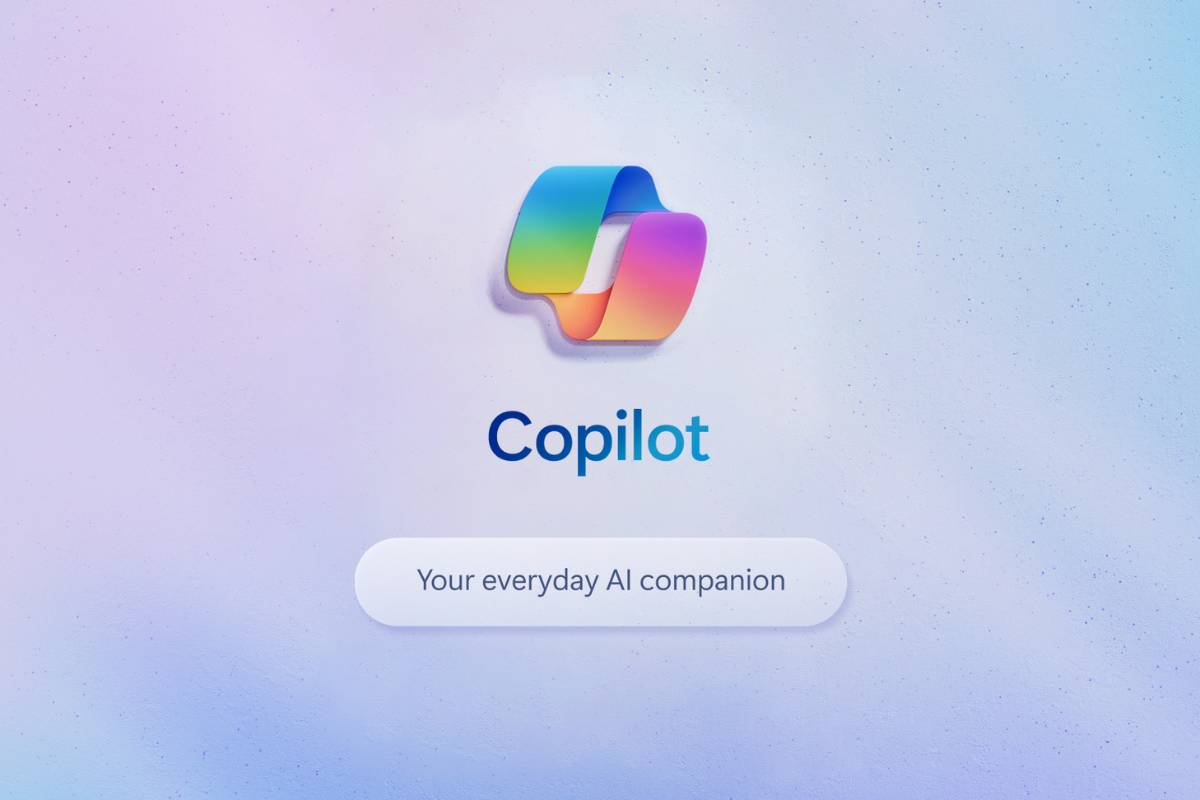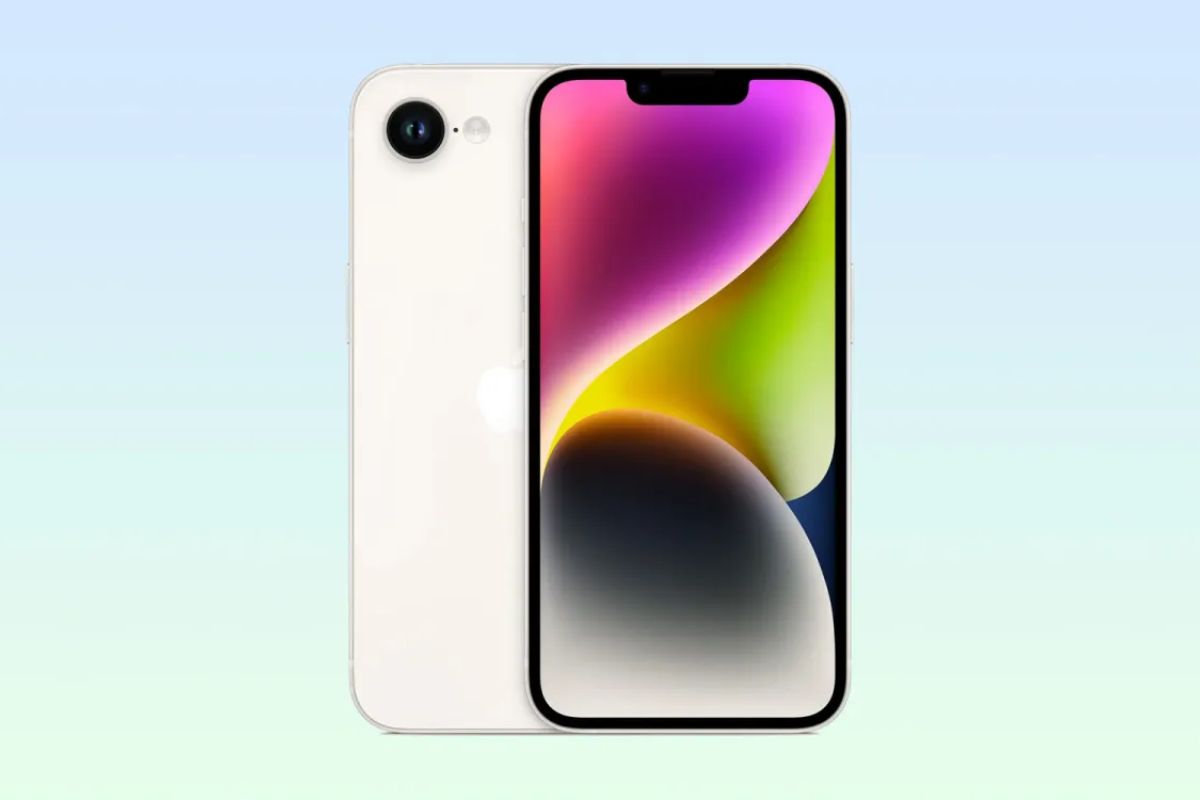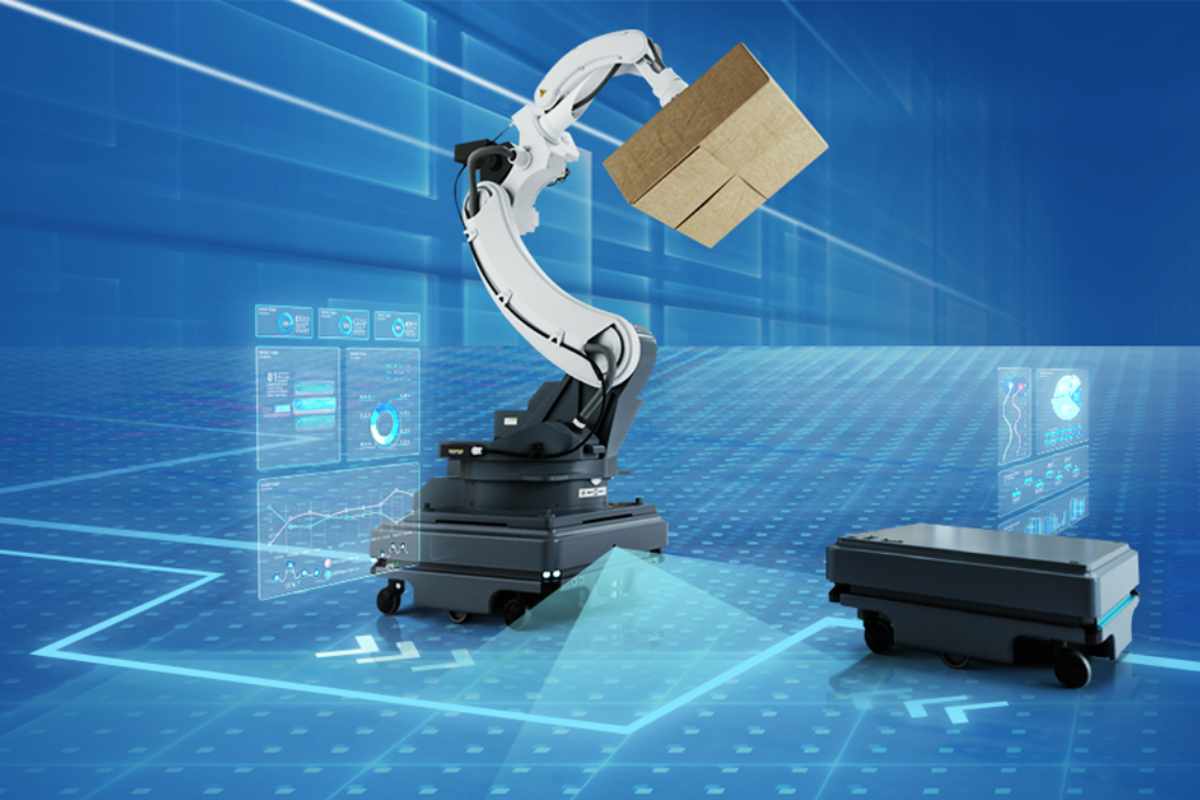Source – blogs.microsoft.com
A Copilot Vision for AI Companionship
Microsoft’s CEO of AI, Mustafa Suleyman, is spearheading a transformation of the company’s Copilot assistant, bringing more humanlike qualities to the technology. Copilot, which powers programs such as Windows and Microsoft Office, is being upgraded to have a more empathetic voice, advanced reasoning skills, and the ability to “see” a user’s screen. Suleyman, previously a co-founder of DeepMind, has long envisioned AI as a supportive tool, and his latest efforts at Microsoft aim to make the AI companion more interactive and emotionally responsive.
Suleyman discussed the future of Copilot in an interview, describing how AI companions now mimic human senses, including sight and sound. This transition is not just about offering better functionality but about forging lasting, emotional connections between users and their PCs. He likened this vision to his early days of working on emotional support services, underscoring his belief in AI’s ability to offer a more empathetic and personalized experience.
Innovations in Copilot Vision and Advanced Reasoning
Among the new features being introduced is Copilot Vision, a tool that allows the AI assistant to observe what’s happening on a user’s screen and interact with it. This ability to “see” adds a new layer of interaction, enabling users to ask the AI questions about what’s on their screen without needing to type. For example, a user could point to a part of the screen and ask, “What’s that?” which Copilot would answer in real time. Suleyman believes this will revolutionize how people navigate their digital lives by making the interface more intuitive and fluid.
Suleyman also touched on the introduction of a feature called Think Deeper, which leverages OpenAI’s models to enable Copilot to solve more complex problems. This tool can analyze and compare data side by side, helping users tackle challenging tasks. Though based on scientific and mathematical problem-solving, Microsoft has tuned the system to cater to everyday consumers, offering insights and support when users are stuck on difficult issues.
Future Challenges and Privacy Concerns
As promising as the advancements are, privacy and security remain top priorities. Suleyman addressed concerns about sensitive data being shared with Copilot, ensuring that all information is stored securely and that certain features, such as Copilot Vision, do not save any data once the session ends. However, he mentioned that Microsoft is considering adding an option for users to recall specific visual data in the future, allowing people to revisit previous interactions.
The evolution of Copilot is also a step toward creating AI agents capable of performing tasks such as making purchases or scheduling appointments autonomously. While the technology is still experimental, Suleyman acknowledged both its potential and the challenges in ensuring that these AI actions are reliable and safe. He emphasized that trust is central to this vision, with a focus on designing AI that can articulate clear boundaries and operate within a secure framework.
Microsoft’s ongoing development of Copilot is part of its larger vision of integrating AI more deeply into everyday software, with the ultimate goal of creating trusted AI companions that enhance both productivity and emotional support for users.
Also Read: Sam Altman Addresses OpenAI Staff Amidst Leadership Departures and Restructuring Rumors












